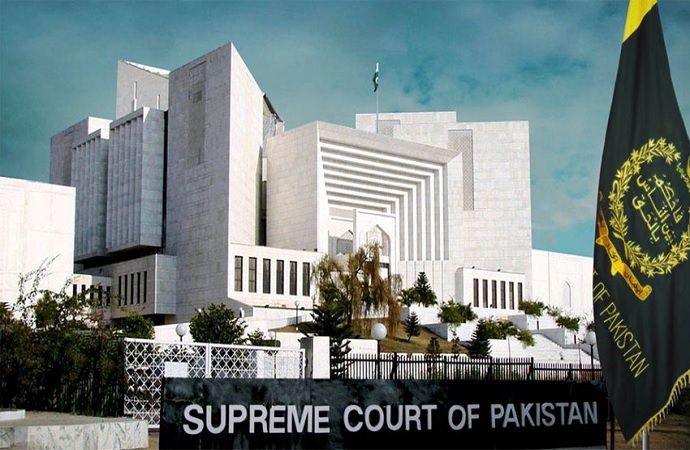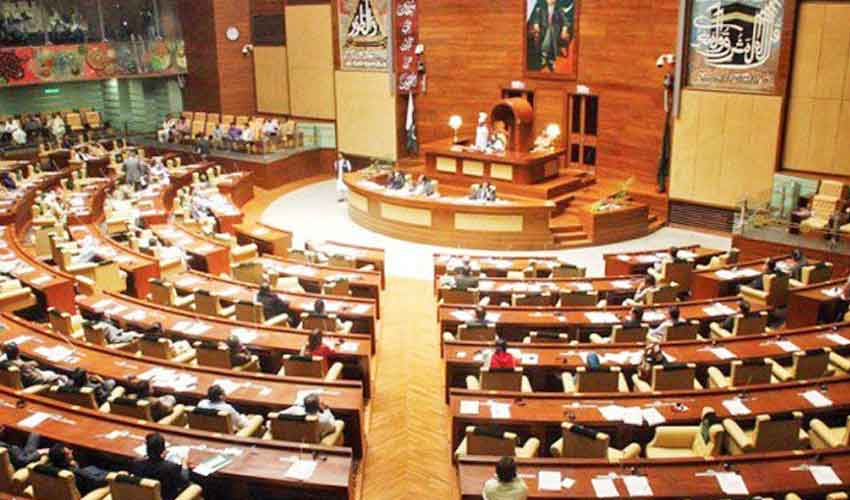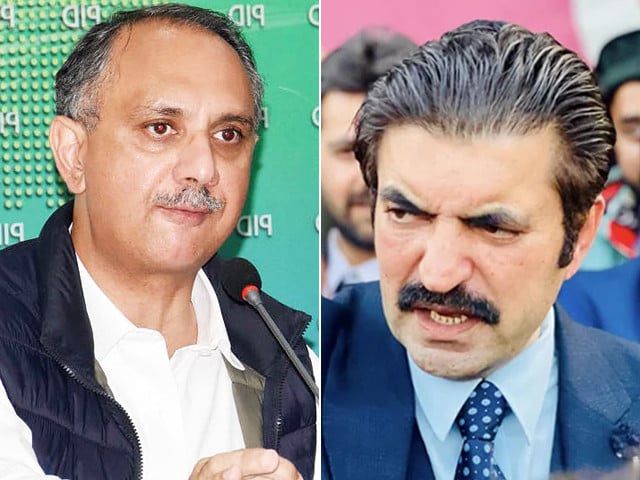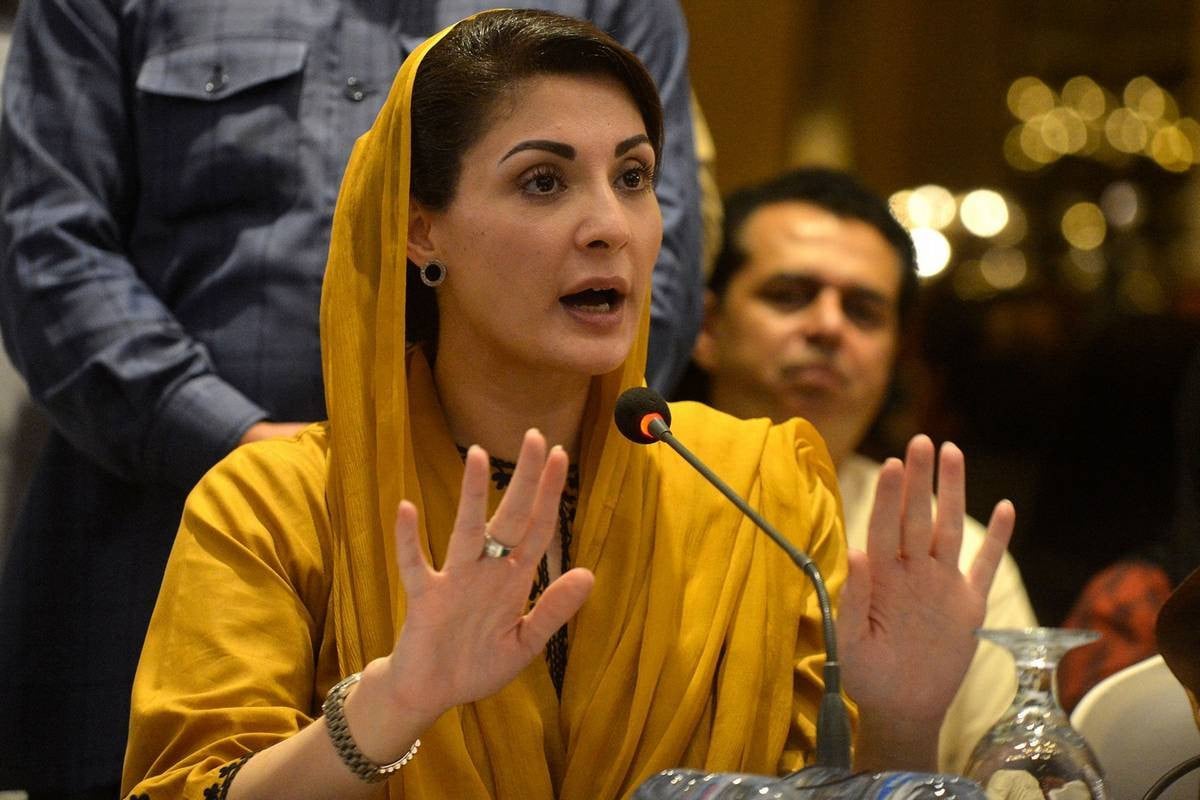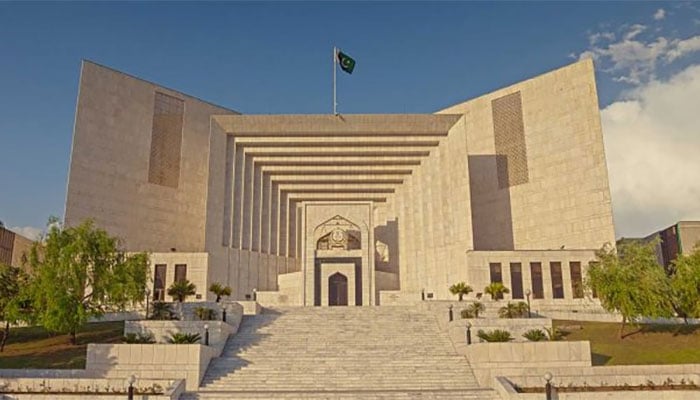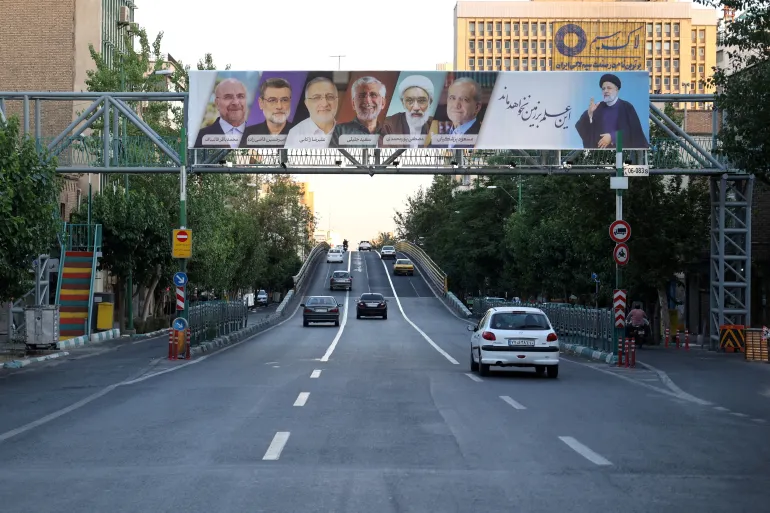The proposal to raise the age limit of government employees, a significant and crucial reform, has encountered strong opposition from influential quarters, leading to its current stalemate. The plan to increase the age limit for all public sector workers, including civil servants, military personnel, and judiciary members, is currently on hold as further deliberation is required before any decisive steps can be taken.
Meanwhile, the government in Islamabad is contemplating the phased abolition of ministries handling devolved subjects. Furthermore, there are discussions about persuading provinces to share the responsibilities of social protection initiatives, like the Benazir Income Support Programme (BISP). In addition, the budgetary allocation for the Higher Education Commission (HEC) is under scrutiny as part of the government’s expenditure rationalization efforts. These changes could have a significant impact on the public sector. A high-powered committee, led by Finance Minister Mohammad Aurangzeb, has been established to address uncontrolled government spending, with the expectation that the committee’s recommendations will be finalized prior to the budget announcement. However, as of now, no concrete decisions have been reached. The committee has been engaged in numerous discussions to finalize its recommendations by the end of July or the beginning of August, with the government expected to make an official announcement around August 14.
Official sources indicate that the prospects of increasing the retirement age from 60 to 62 or 63 for civilian employees and others have diminished, adding a layer of complexity to the issue. However, other proposals related to pension reforms, such as abolishing pension payments for future generations, remain under consideration.
On May 7, 2024, the law, finance, and information & broadcasting ministers revealed plans to finalize a pension package and implement it universally, including raising the age limit for all public servants, including those in the armed forces, judiciary, and civilian sectors.
In response to inquiries about increasing the age limit for the Chief of Army Staff and Chief Justice of Pakistan following the implementation of pension reforms, Law Minister Azam Nazeer Tarar affirmed that the reforms would be universally implemented. He also mentioned the introduction and passage of relevant acts, constitutional amendments, and other legislative measures to ensure the implementation across all societal segments.
During his concluding remarks, the finance minister announced a reduction of Rs. 250 billion in the development budget without altering the overall size of the Public Sector Development Programme (PSDP), set at Rs. 1,500 billion. This reduction was necessitated by the need to reallocate funds to other priority areas and to ensure fiscal discipline.
Subsequently, the National Economic Council (NEC) endorsed the PSDP size, allocating Rs. 1,500 billion, with Rs. 1,400 billion from budgetary resources and Rs. 100 billion through Public Private Partnership (PPP). Notably, the government decreased the size of the PSDP from budgetary resources to Rs. 1,150 billion, reducing it by Rs. 250 billion. Conversely, the volume of development projects executed under the PPP model increased from Rs. 100 billion to Rs. 350 billion.
Pl, watch the video and subscribe to the YouTube channel of republicpolicy.com
This reduction raises questions about the actual implementation of development schemes through the PPP model since the establishment of the PPP Authority, indicating a lack of significant impact.
As the government aims to make up for the cushion of Rs. 250 billion, its strategy for seeking relief on the taxation front remains to be seen. The government is exploring various options, including potential tax reforms and measures to enhance tax compliance, to mitigate the impact of the budget reduction on development projects.
Furthermore, reports from high-level sources suggest that the government has approached the International Monetary Fund (IMF) for permission to introduce amendments to the proposed finance bill for 2024-25. These amendments, if approved, could have significant implications for various sectors of the economy, including potential relief measures for hybrid vehicles, GST on stationary products, and charitable organizations. Additionally, the planned tax increase for professors and researchers may be revoked, providing much-needed relief to these segments.
Efforts to obtain clarification from Secretary Finance Imdad Ullah Bosal have been made, but as of now, no response has been received.






































